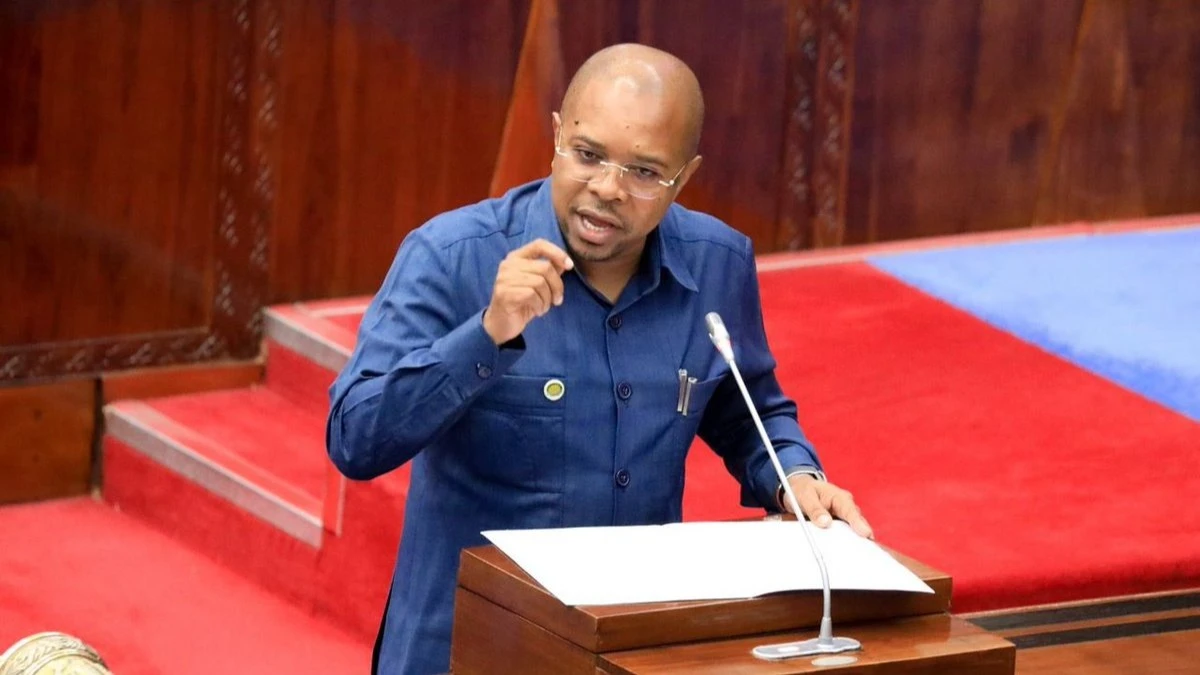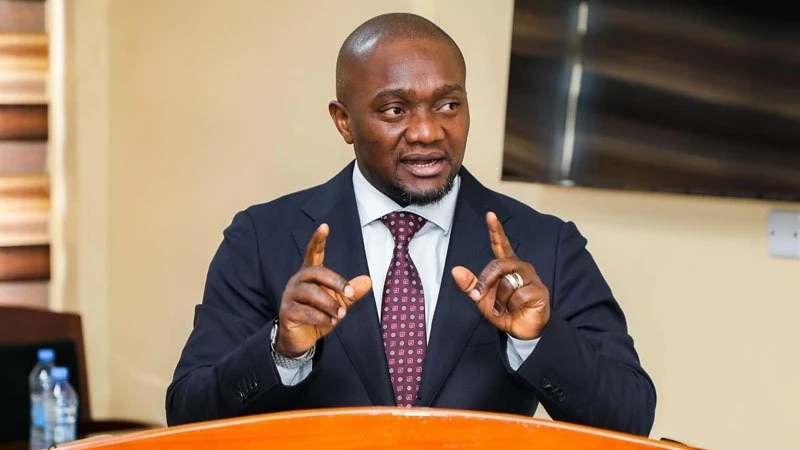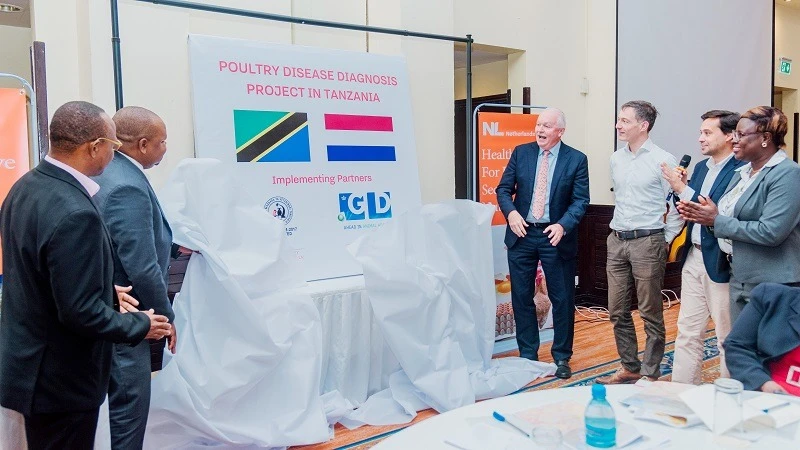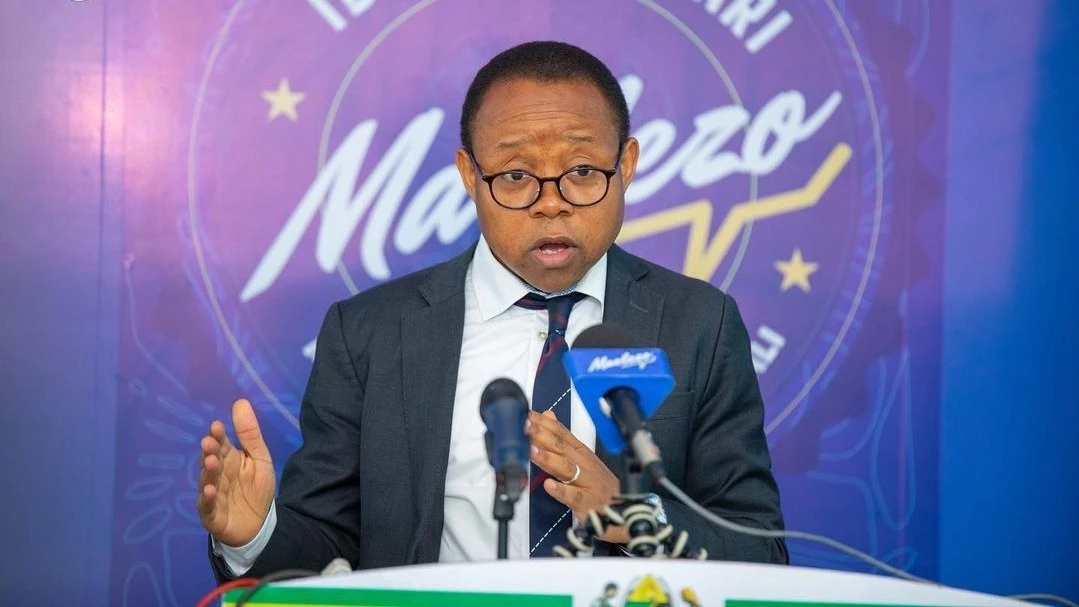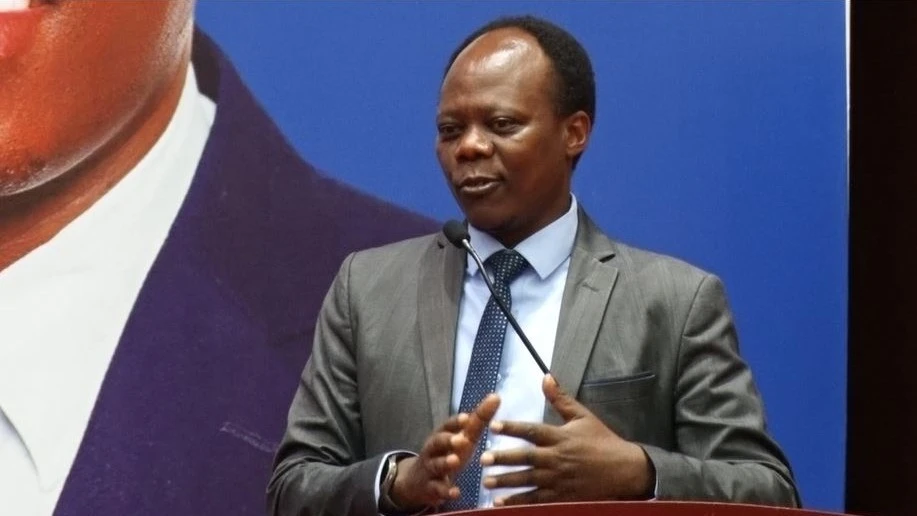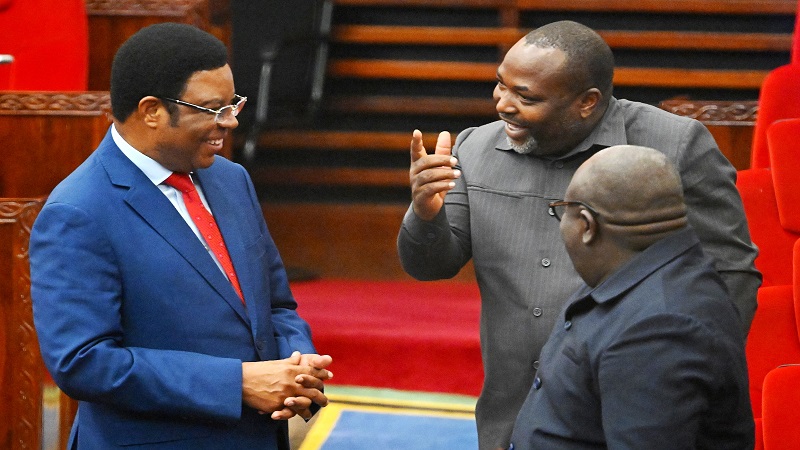Dr Mollel stresses cooperation for effective epilepsy treatment
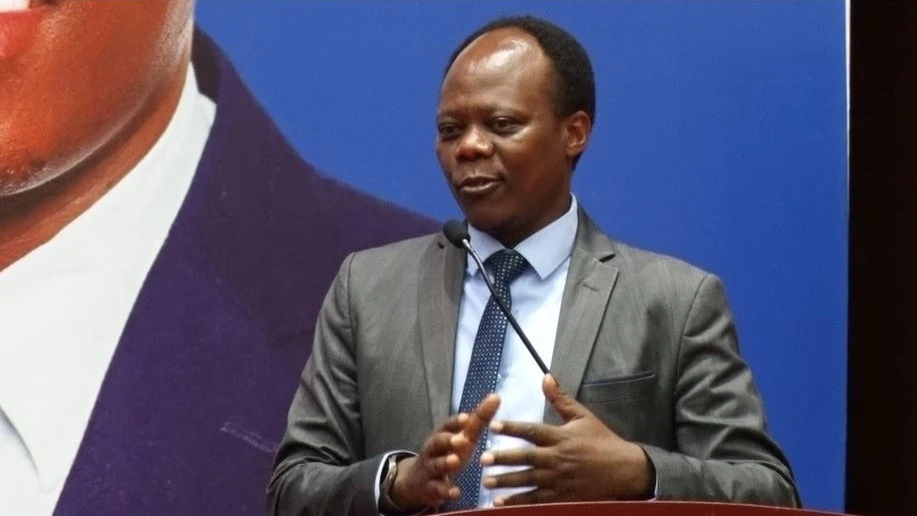
HEALTH Deputy Minister, Dr Godwin Mollel, has emphasized the importance of collaboration between private and public healthcare providers to develop effective treatment strategies for epilepsy patients.
Speaking to journalists in Dar es Salaam yesterday during World Epilepsy Day celebrations, Dr Mollel pointed out that epilepsy has not received sufficient attention compared to other diseases, despite the growing investment in the healthcare sector.
He noted that improvements have been made in human resources, infrastructure, and medical equipment, yet epilepsy affects 60 percent of mental health patients in the country.
“We need to start addressing this issue seriously, as it has been overlooked. It’s essential to allocate the necessary resources and raise awareness about the disease. With today’s technology, we have the tools to make significant progress, especially in areas crucial for treating epilepsy,” said Dr Mollel.
He called on stakeholders from the health sector, including organizations and the Tanzania Epilepsy Professionals Association, to convene in Dodoma to review progress and discuss challenges in treating epilepsy.
Dr Mollel also highlighted the ongoing stigma surrounding epilepsy, noting that many people affected by the condition often seek help from religious leaders first, rather than starting treatment in hospitals.
Dr Herieth Hyera, a lecturer at Muhimbili University of Health and Allied Sciences (MUHAS), shared the findings of a study conducted by the Tanzania Epilepsy Association (TEA) between 2022 and 2024. The study revealed that epilepsy is classified under mental health conditions, with 60 percent of mental health patients diagnosed with epilepsy.
“In both local and international mental health clinics (OPD), epilepsy patients are the most frequently seen. We also found that only 0.3 percent of the mental health budget is allocated to epilepsy care,” Dr Hyera said.
She further emphasized that people with epilepsy often face a lack of community support, leading to job loss, social exclusion, and mistreatment, even during seizures.
“We could expand psychological support services for our patients. While there are guidelines for medical treatment and surgery, the psychological treatment aspect remains underdeveloped,” she added.
“Since epilepsy accounts for over 60 percent of all mental health conditions, there is a need for policies to recognize epilepsy as a separate disease, rather than grouping it with other mental health disorders.”
Top Headlines
© 2025 IPPMEDIA.COM. ALL RIGHTS RESERVED









